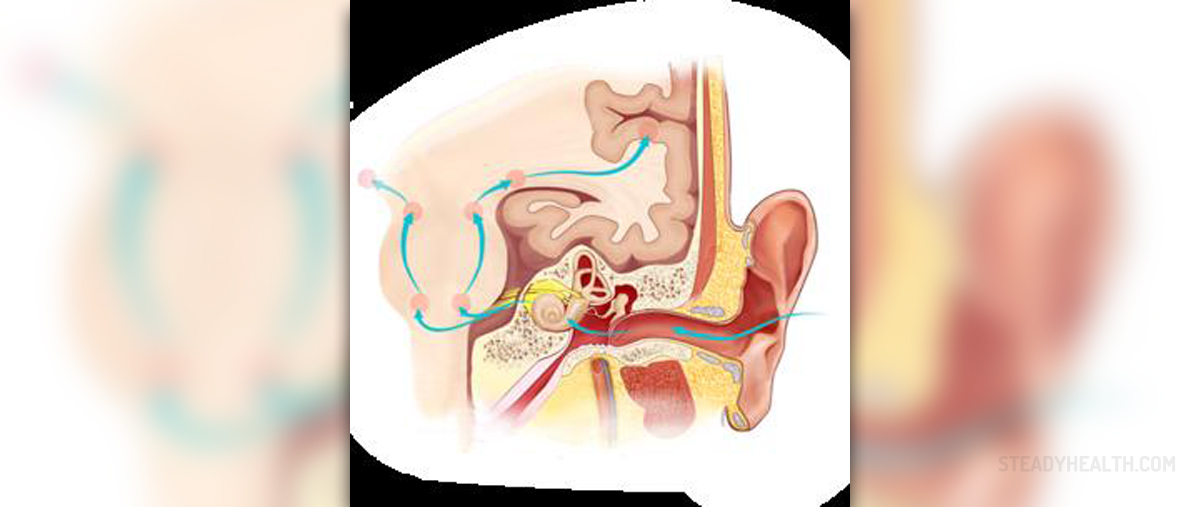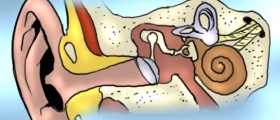
Labyrinthitis is defined as an inflammation of the inner ear. This condition is known to cause balance disorders, problems with hearing and tinnitus (sensation of ringing in the ears). Labyrinthitis usually involves swelling and irritation of the inner ear that lasts between three and eight weeks and then resolves on its own. However, certain people may suffer from labyrinthitis for months; despite the fact doctors told them, everything will be normal in a couple of weeks. These patients usually do not notice any kind of improvement of their symptoms, and they are typically diagnosed with chronic labyrinthitis.
Signs and symptoms of labyrinthitis
The most common symptom of labyrinthitis is vertigo. This symptom is very much pronounced, and it arouses from the inner ear dizziness, which is rather different from a normal kind of dizziness, often experienced in healthy people. The sense of balance in humans is woven from a different kind of factors, including the inner ear that monitors the directions of motion; eyes, which observe the directions of motions; skin, which feels the body touching the ground; muscles and joints, which report to the brain which parts of the body are moving; and finally, the brain itself that processes all the information. According to the findings of scientific studies, more than half of all dizziness is tightly associated with the problems in the inner ear.
Other symptoms include nausea, anxiety and general malaise, due to the unclear balance signals that brain receives from the body. Sometimes the symptoms are constantly present while other times they only become pronounced on pressure changes (for example, while flying in an airplane or scuba diving).
These patients may also have difficulty focusing the eyes, because of involuntary eye movements.Causes of labyrinthitis
It is very hard to point out to the exact cause of labyrinthitis. Most probably, this condition occurs as a result of viral or bacterial infection. However, it is also known to show up as an effect of head injury, excessive stress, allergic or asthmatic reaction. Labyrinths basically occurs because the inner ear is irritated and inflamed, and many different factors may contribute to this to happen. For example, people who consume excessive amounts of alcohol are at the higher risk. Similarly, people suffering from stress, constant fatigue, or those who have had a recent viral illness, respiratory infection, or ear infection, are also at the higher risk of labyrinthitis. People who smoke and those who use certain drugs, such as Aspirin, are risking provoking labyrinthitis.

















Your thoughts on this
Loading...